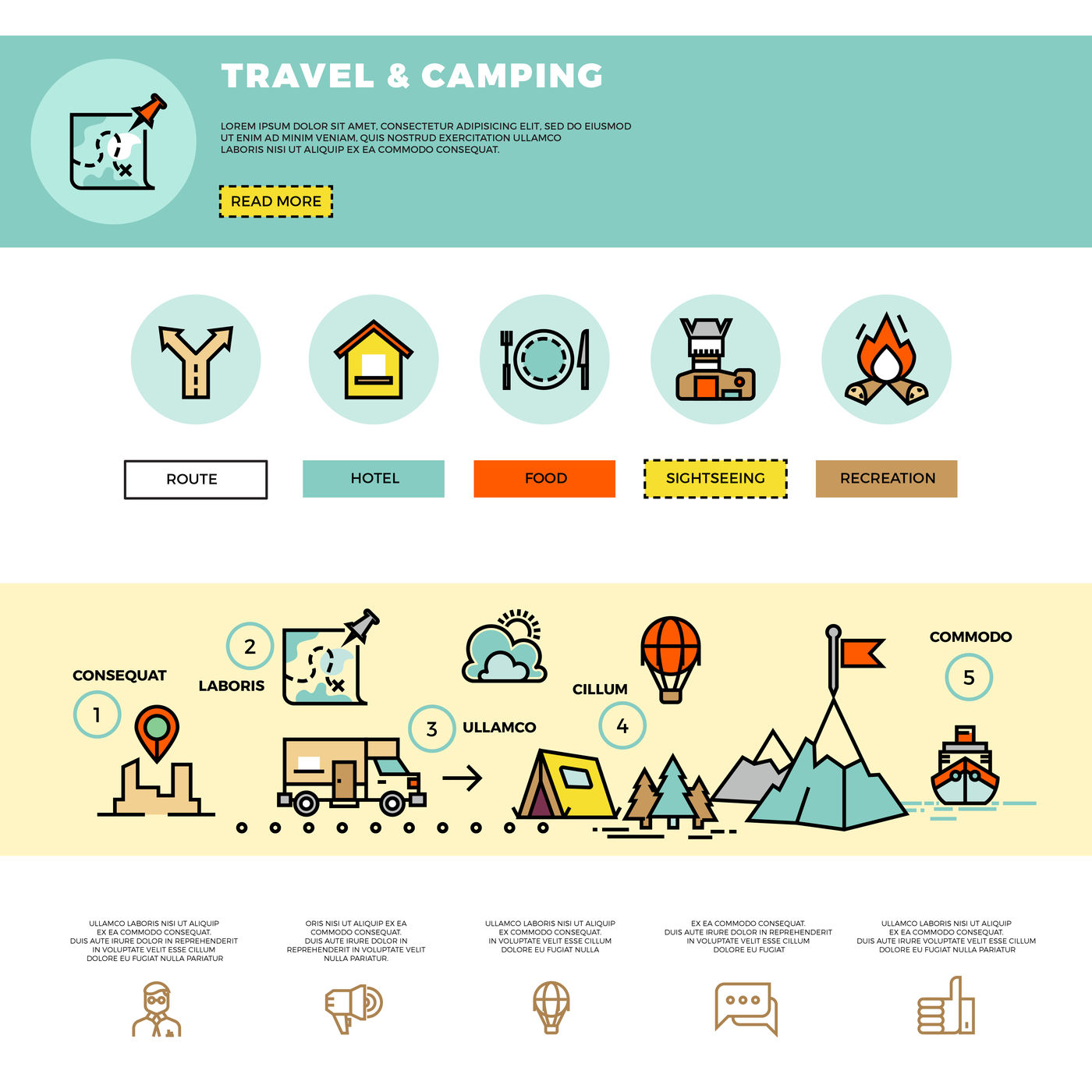Picking the right framework material is vital for occasion camping tents. Whether it's coated steel for spending plan outdoors tents or anodized light weight aluminum for sturdy applications, there are lots of considerations to keep in mind.
Steel frameworks prevail in lower-priced pop-up tents however are prone to corrosion despite coverings and need normal maintenance. Aluminum is lightweight, normally resists rust, and stands up well in moist or coastal atmospheres.
Steel
When it involves ensuring the sturdiness of personalized camping tents, the material utilized in their frameworks plays a crucial function. Steel and aluminum alloys both provide costs longevity, yet each offers special advantages that make it proper for various kinds of settings. Steel is ideal for sturdy conditions, while aluminum master standing up to corrosion and lessening upkeep expenses.
When event hosts choose the appropriate tent for their requirements, they require to consider variables like expected weather conditions. For instance, structure camping tents often carry out better in gusty or stormy conditions than pole tents because they don't rely on a central post to support the framework. Nevertheless, the connections in between framework items can weaken in high stress and anxiety circumstances. Identifying these weaknesses and carrying out routine evaluations can aid prevent possible damage.
Steel structures are difficult to cut, weld or shape, which can need customized devices and enhance labor prices. On top of that, they have a tendency to rust or rust easily and might need added security or coverings. Additionally, steel is really heavy and can create concerns when carrying a canopy. It's also challenging to keep for long periods of time since it takes up more room than light weight aluminum frames.
Light weight aluminum
Light weight aluminum is a popular structure product for cover camping tents because it's lightweight, rust-resistant, and very easy to deliver and set up. It also gives a much more steady shelter during gusty conditions than steel frames. Light weight aluminum is less vulnerable to tearing and any kind of damage can be conveniently fixed, lengthening the life of the tent. It also breathes to reduce condensation and provides remarkable acoustic insulation to moisten outside noise.
The resilience of aluminum frame tents is better boosted by the all-natural oxidation residential or commercial properties of the steel. It produces a small oxide layer that safeguards the surface from corrosion and discolorations. Therefore, the longevity of an aluminum pop up tent can be improved even better when the framework is plated.
Plated light weight aluminum is more powerful than steel and can withstand high wind speeds. Furthermore, the layer resists corrosion and stains, extending the life expectancy of the camping tent. Furthermore, anodized light weight aluminum is recyclable and sustainable, making it optimal for services looking for LEED qualification. The combination of these homes makes light weight aluminum a much more cost-efficient option than steel for big, durable camping tents, such as those utilized to fit commercial devices and warehouse inventory. Steel, on the other hand, is much more expensive because it requires costly alloys such as nitrogen, molybdenum, and chromium to boost toughness.
Iron
Iron framework camping tents commonly last approximately 15 years if the ideal treatment and upkeep is applied. This consists of routinely cleaning textile and checking metal elements for deterioration and wear. By taking these actions, event hosts can make the most of the integrity of their structures and ensure their ongoing efficiency in tough settings.
Steel is an optimal material for creating long lasting tents, specifically for use in harsh climate condition. It is a strong, durable, and economical product that uses security and resilience for a variety of applications. camping tent Nevertheless, steel is prone to rusting in humid and seaside atmospheres. The enhancement of protective finishings and normal maintenance can aid to alleviate this risk, however these initiatives enhance total maintenance expenses.
On the other hand, light weight aluminum is an extra resilient selection for a customized outdoor tents as a result of its all-natural oxidation residential properties. When anodized, light weight aluminum becomes super-strong and as much as 3 times more challenging than typical light weight aluminum alloys. This makes anodized light weight aluminum the second-hardest material beside ruby (satellites, aircraft, and army cars all utilize anodized light weight aluminum). Along with its resilience, anodized light weight aluminum is likewise more resistant to corrosion than steel. These variables make light weight aluminum an outstanding option for appear cover camping tents and add to their capacity to lug longer warranties (5, 7, and even lifetime structure warranties). Additionally, aluminum is 1/3 the weight of steel permitting a much thinner frame layout for more customization choices and increased strength.
